While multiple factors can trigger hair thinning – blood sugar imbalances can be a top contributor.
When you’re experiencing hair loss, it’s essential to consider various factors, and high blood sugar levels could be the culprit behind your thinning hair.
Elevated blood sugar can cause damage to your blood vessels over time, and poor circulation may lead to deprived hair follicles that are unable to sustain normal hair growth.
Hair follicles require a steady supply of blood to maintain growth and health. However, with the impairment caused by high blood sugar levels, your scalp and hair follicles receive less oxygen and vital nutrients they need to thrive. The result is a slower hair growth cycle, leading to brittle hair and eventual shedding.
The Link Between High Blood Sugar and Hair Loss: Inflammation
Chronic, low-grade inflammation can impair the normal hair cycle, disrupting growth and leading to hair loss. Your hair has a defined growth cycle that includes phases of growing, resting, and shedding. This high blood sugar induced inflammation can cause this cycle to accelerate or stall. In particular, the inflammation can damage your hair follicles, where your hair starts its growth. When these follicles are inflamed, they may not produce hair as efficiently, leading to the excessive shedding.
The Negative Effect on the Immune System as Well
When your body is dealing with long-term high blood sugar levels, the immune response can sometimes go into overdrive, which could escalate the inflammation around your hair follicles. And when inflammation is chronic, it doesn’t just stop with hair loss—you could see additional health issues like autoimmune disease, skin problems and a higher sensitivity to infection, which could further exacerbate hair-related concerns.
Remember, various factors influence hair health, and nutrient deficiencies or stress can also lead to hair loss. However, if you find that your hair loss aligns with symptoms of hyperglycemia—like extreme thirst, frequent urination, or blurred vision—it’s a strong indication that diabetes or high blood sugar may be connected to the issue.
The Key is Controlling Blood Sugar Levels
It’s essential to understand how blood sugar levels can play a significant role in hair loss. High blood sugar can interrupt the supply of nutrients and oxygen to your hair follicles, essentially starving the hair of what it needs to grow healthily. Keep in mind that the level of blood sugar control can make a significant difference. Optimal management may help slow down the hair loss process. It’s crucial to monitor your blood sugar closely (and quit eating sugar and simple carbs if that’s your issue) to help maintain a balanced blood sugar level, thus helping mitigate hair loss.
Improving blood sugar management could lead to a noticeable reduction in hair thinning, stimulating the regrowth of your hair. Remember, you’re also proactively taking steps to preserve your hair’s vitality.
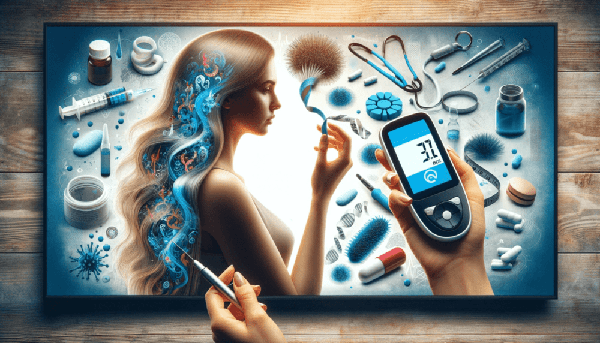
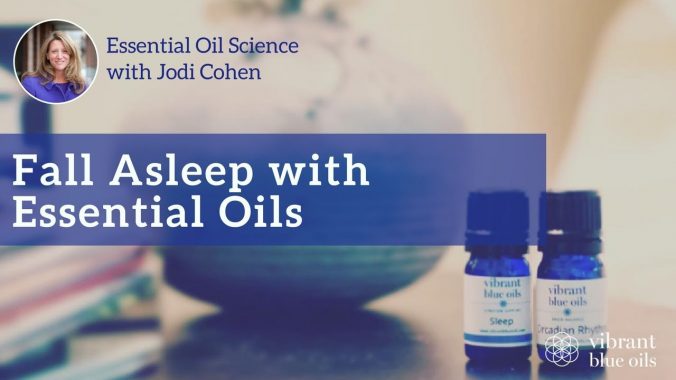
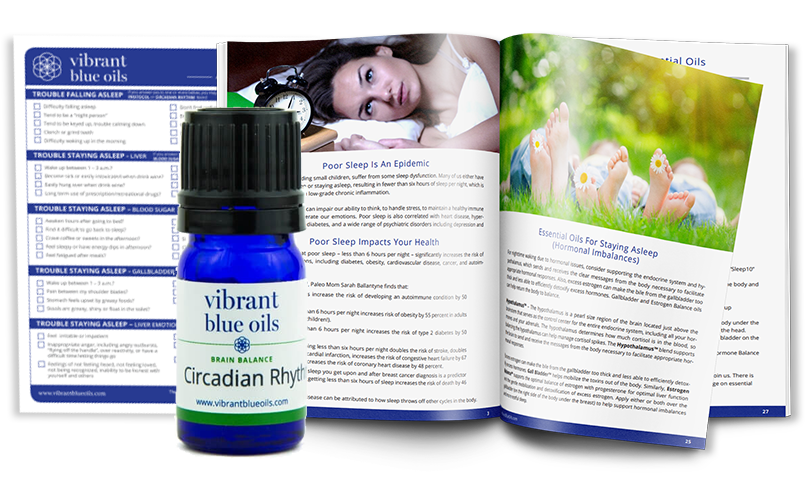
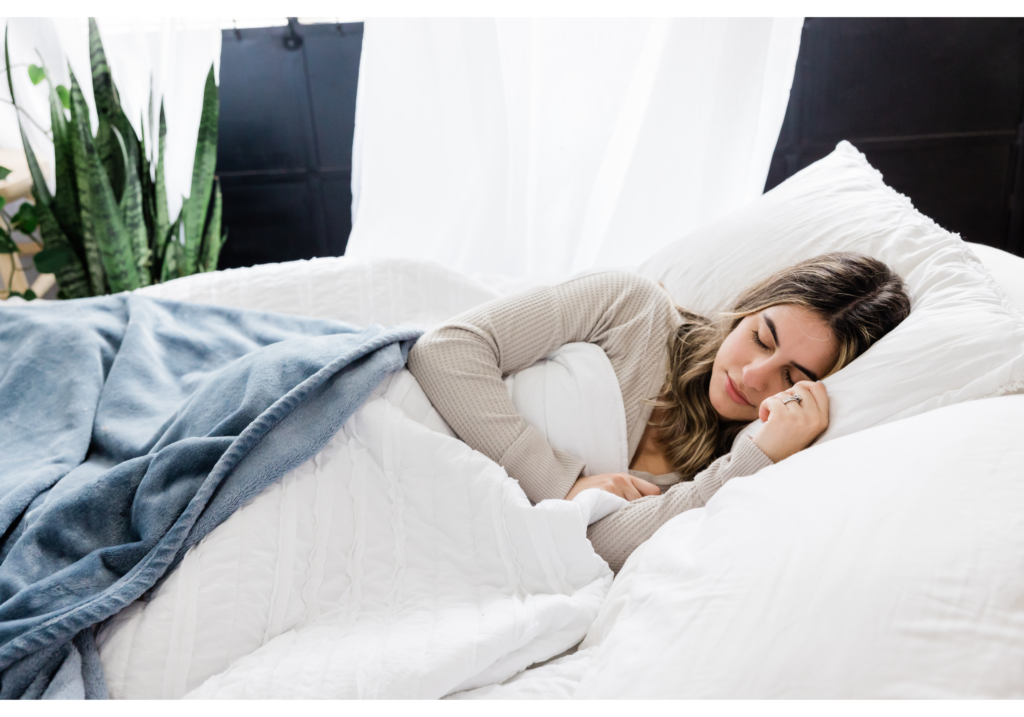


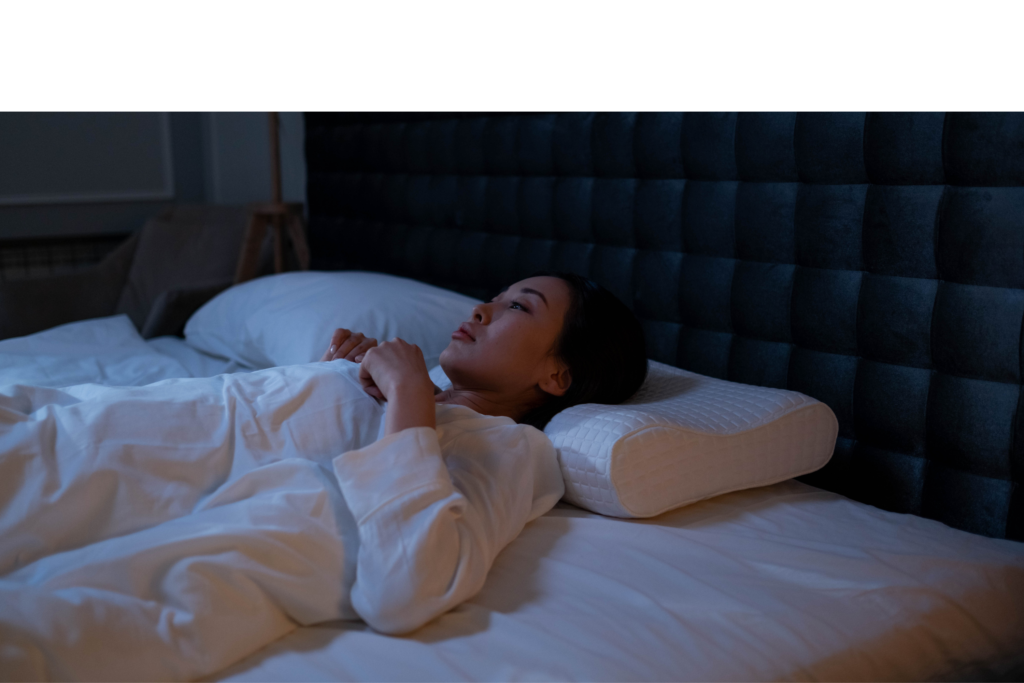


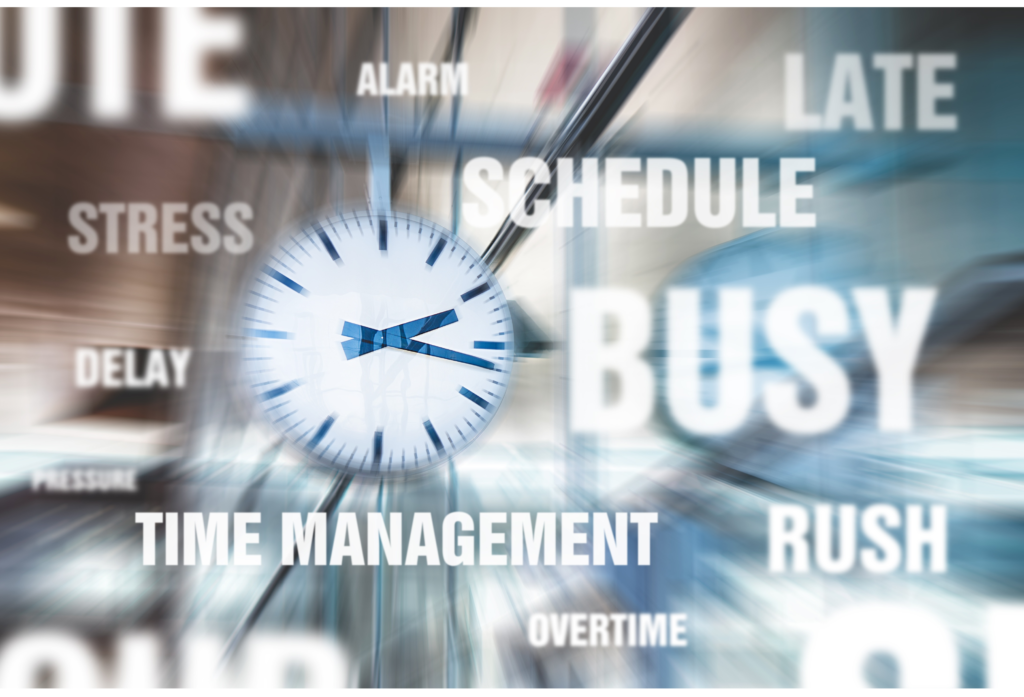





Recent Comments